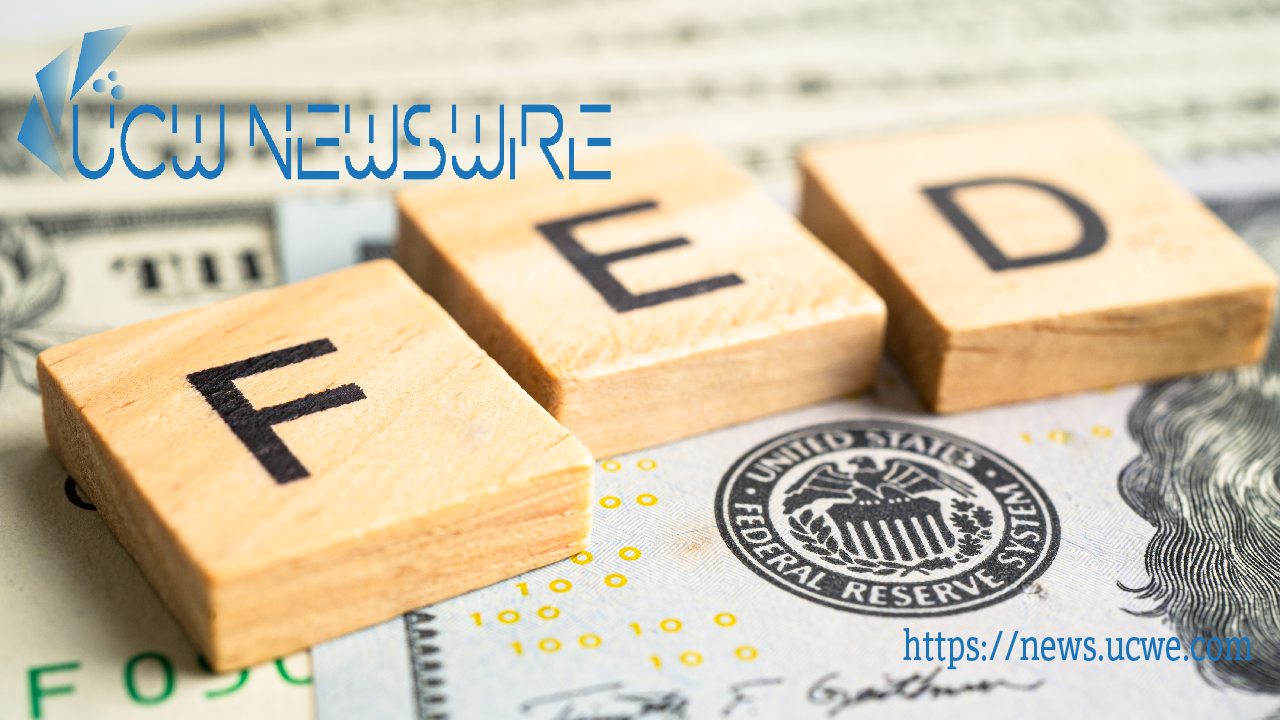Implications of a US Presidential Election Year for Interest Rates and Stimulus
The United States is headed into a presidential election year in 2024, and this could have implications for interest rates and stimulus. The Federal Reserve is expected to continue raising

The United States is headed into a presidential election year in 2024, and this could have implications for interest rates and stimulus.
The Federal Reserve is expected to continue raising interest rates in an effort to combat inflation. However, if the economy slows down too much, the Fed may be forced to pause or even reverse its rate hikes.
The Biden administration is also considering additional stimulus measures to help the economy recover from the COVID-19 pandemic. However, if the economy starts to overheat, the administration may be forced to scale back or even eliminate these measures.
The outcome of the 2024 election could also have implications for interest rates and stimulus. If the incumbent party wins, it is likely that the Fed will continue to raise interest rates and the administration will continue to provide stimulus. However, if the opposition party wins, it is possible that the Fed will pause or even reverse its rate hikes and the administration will scale back or even eliminate its stimulus measures.
The implications of a US presidential election year for interest rates and stimulus are uncertain as of today. However, it is likely that the Fed and the administration will take steps to manage the economy in a way that is favorable to their chances of winning the election.
If the economy is growing too fast and inflation is rising too high, the Fed may be forced to raise interest rates more aggressively than it would otherwise. However, if the economy is slowing down too much, the Fed may be forced to pause or even reverse its rate hikes. If the incumbent party wins, it is likely that the Fed and the administration will continue with their current policies. However, if the opposition party wins, it is possible that the Fed and the administration will make significant changes to their policies.
If the public is concerned about inflation or the economy, the Fed and the administration may be more likely to take steps to address these concerns. It is important to note that these are just some of the factors that could influence the Fed’s and the administration’s decisions on interest rates and stimulus in a presidential election year. The actual decisions will be made based on a variety of factors, including the state of the economy, the outcome of the election, and the public’s perception of the economy.
Gerald Foster
Financial Desk

